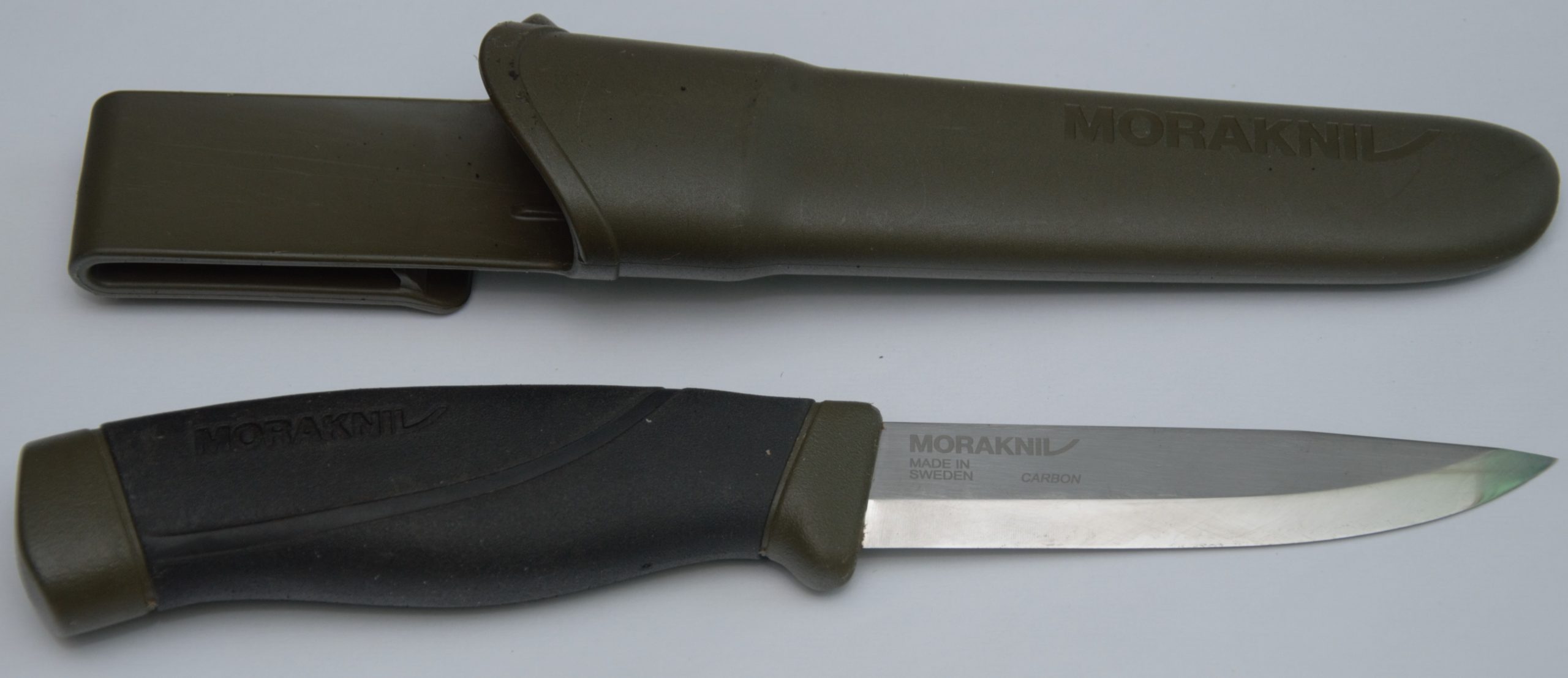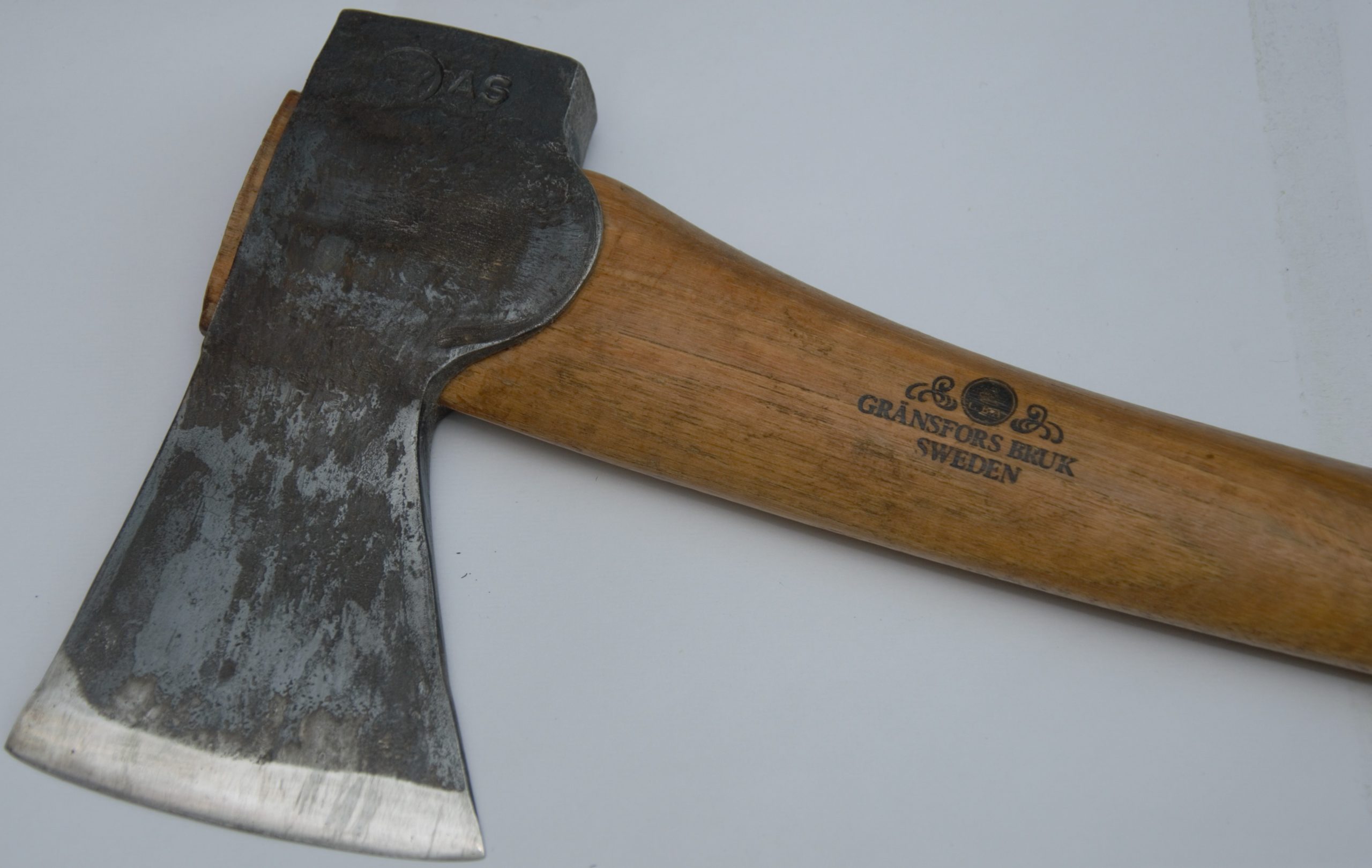Choosing a Scout knife
Types and our group policy
Learning to use a knife is very important in scouting, but there is lots to know before buying a blade, including types of metals and types of blades. This page will help you make a choice when considering purchasing a knife. Be sure to consult your section leader if you have an uncertainty so you can be sure the knife is suitable.
Type of metals
Stainless Steel
The most popular metal for blades in multi-tools and cheaper folding knives is stainless steel. It is low maintenance, as the blade is not prone to rust, which is the main reason it is used in many applications. However, it is harder to achieve a sharp cutting edge when sharpening and will not hold its edge for long. Most times, the utility of a rust resistant blade is considered more advantages than cutting edge.
Carbon Steel
Carbon steel is commonly found in single blades and not multi-tools. It is easy to sharpen and will keep its cutting edge for a longer period. However, it will require cleaning and keeping dry when not in use to stop corrosion and rusting. Oiling after use is also important. Carbon steel is a far better choice for cutting tools as long as it is looked after properly. We would always suggest carbon over stainless if the Scout can look after it properly.
Type of blades
We use three different blades during Scouts; they are:

Folding blades
For the past 8+ years we have recommended an Opinel Carbon Steel No9 folding knife (£10-£12). These have both stainless steel and carbon steel variants. The law has recently changed, meaning it is no longer legal to carry a folding blade longer than three inches. We used to choose these knives specifically because of their legal benefit. With this no longer a benefit, we would recommend a sheath (fixed) blade instead. It should be noted, these knives are illegal to carry without purpose. Please consult our group policy below.
 Sheath (fixed) blades
Sheath (fixed) blades
These are great knives and the Mora 511 is perfect and very affordable for Scouting (around £7). Mora also do a thick blade version, seen in the photo, often referred to as the Mora 511 Heavy Duty Companion and is slightly more expensive (around £15). These have both stainless steel and carbon steel variants. It should be noted, these knives are illegal to carry without purpose. Please consult our group policy below.
 Axes
Axes
We do not recommend Scouts to buy an axe, however, they will be used during Scouts and the group will loan axes on these occasions. If you are considering buying an axe, then a cheap axe (under £10) from a local garden centre would be good enough for most Scout activities. The best type have a hickory handle and a carbon steel blade. If a Senior Scout wishes to extend their knowledge and experience with an axe into backwoodsmen courses or survival, then a Gränsfors Bruk Small Forest Axe (£130+) would be a brilliant investment. However, we would not suggest this type of spend for an inexperienced individual. Axe blades can be rolled and chipped easily and that type of damage can be very difficult to repair without significant specialist grinding. It should be noted, axes are illegal to carry without purpose. Please consult our group policy below.
Our group policy
- Scouts should NOT carry a knife to general meetings
- We will advertise specific meetings that will include knife work to allow Scouts the option to bring a knife.
- When carrying a knife to a specific meeting, it must be contained within a bag out of reach of easy access (i.e. not on uniform). The Scout (being under 18) must be accompanied by an adult while carrying. Carrying must be direct, only from place of storage (your home) to the place of intended use (our meeting) and vice versa – no additional stops or unnecessary diversions should be undertaken.
- The purpose for carrying the knife will be specific and must be known while carrying, e.g. to clean and prepare a mackerel to cook on a campfire. We will inform you of the specific reason before the meeting. The Scout and parent must know the reason for carrying.
- We will continue our practice of encouraging Scouts to own a knife which they can bring to camps and activities or use at home. As always, knives will be handed to a nominated leader for carriage to and from camps. It will be that leader’s responsibility to keep all blades stored securely.
